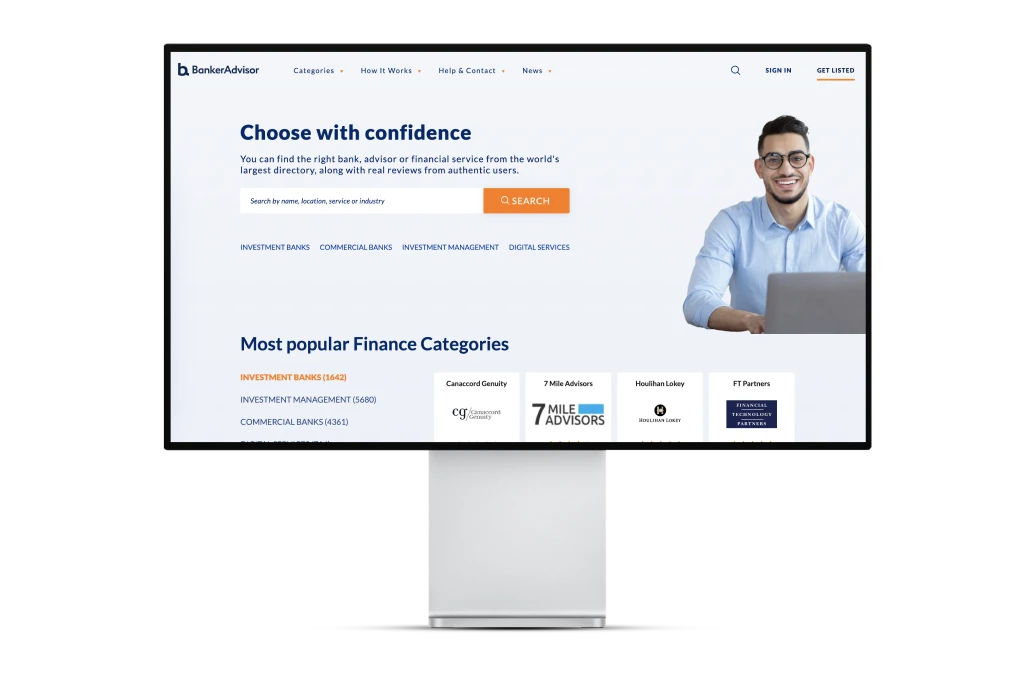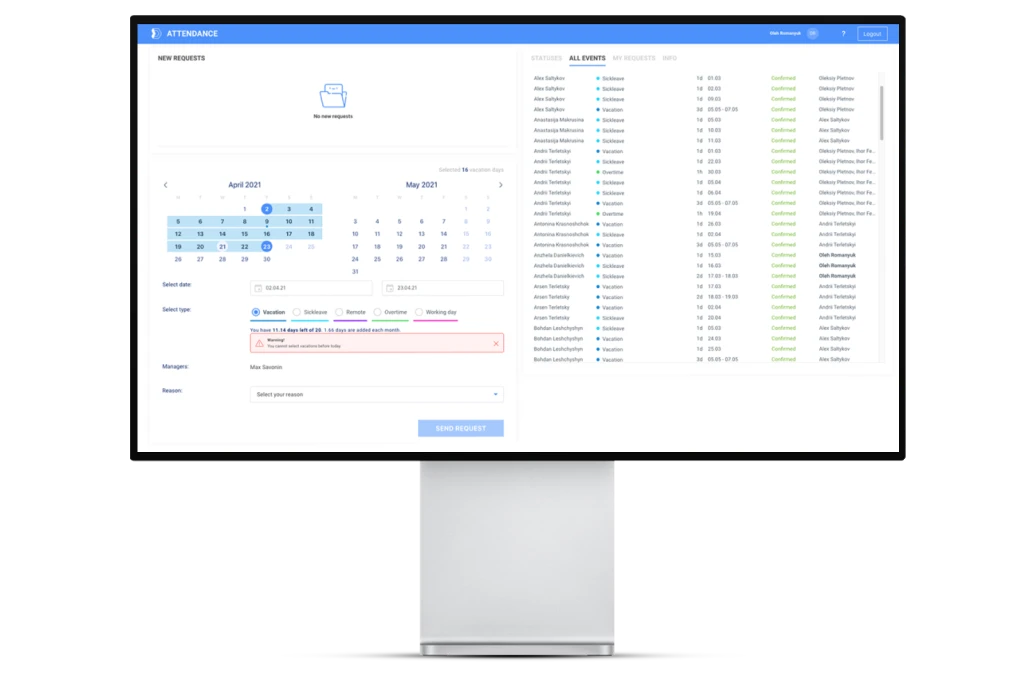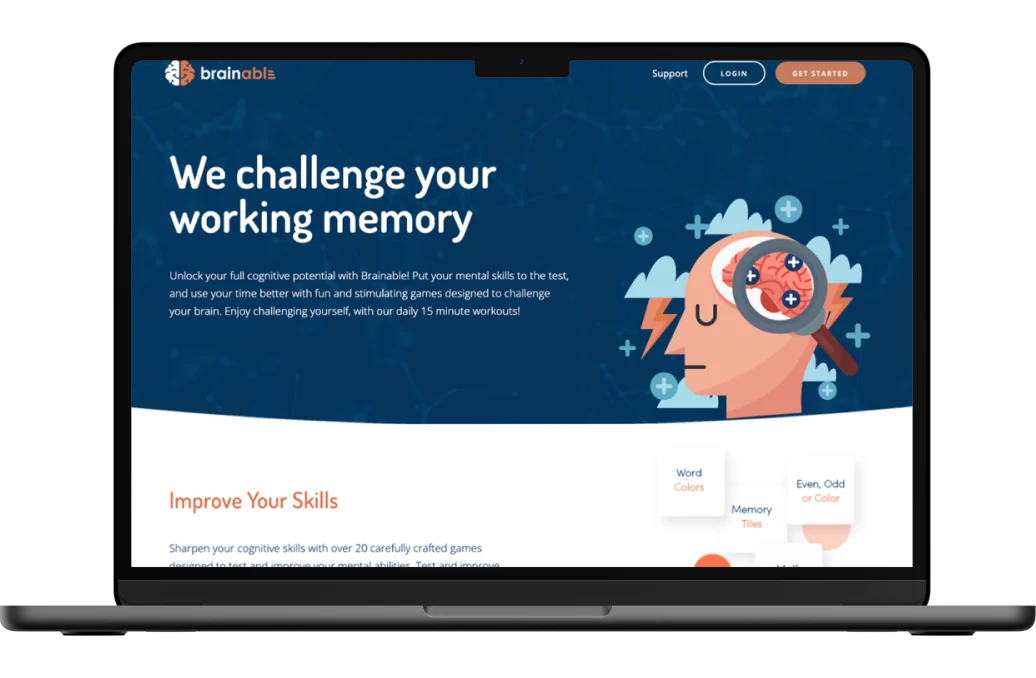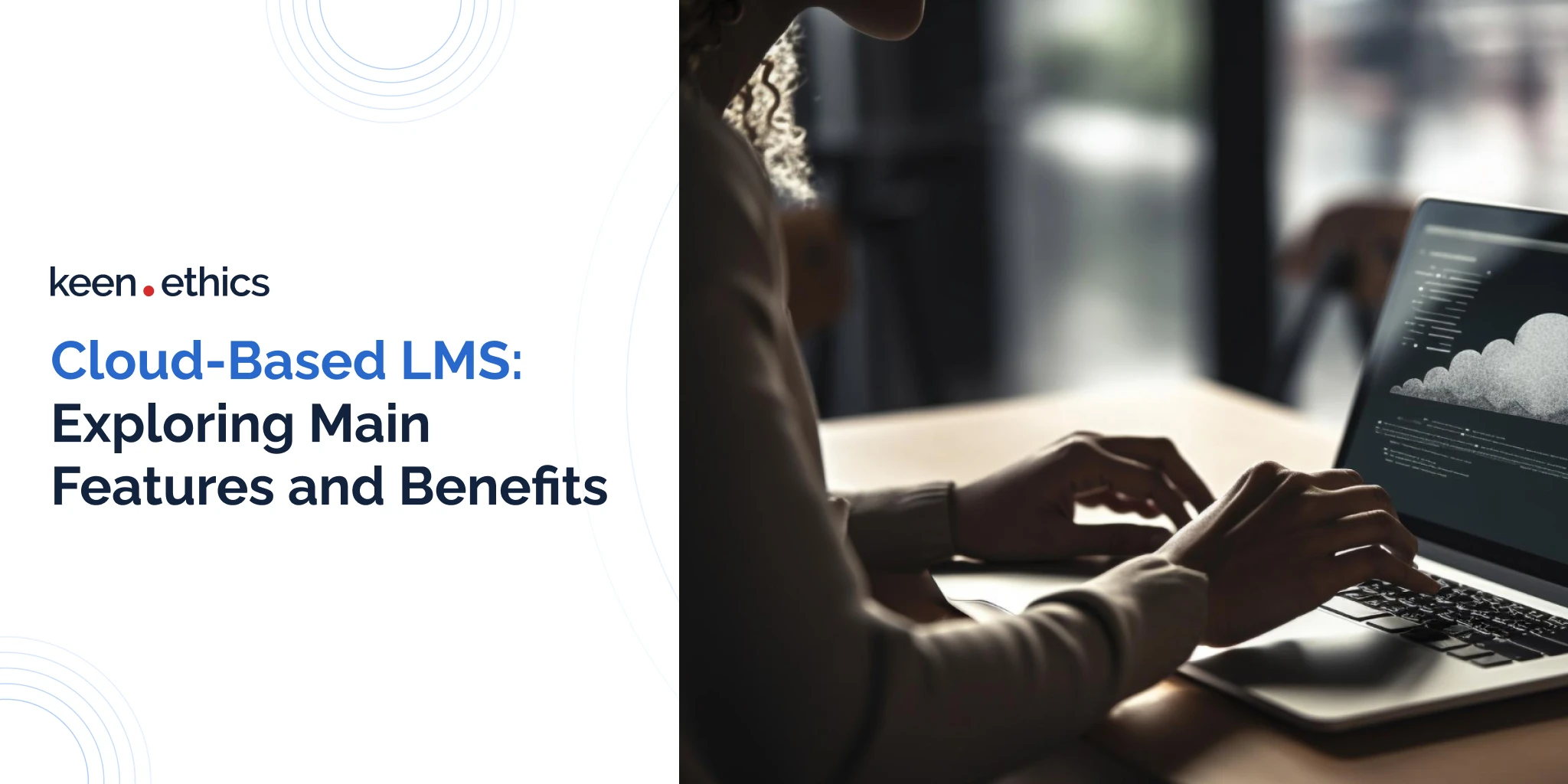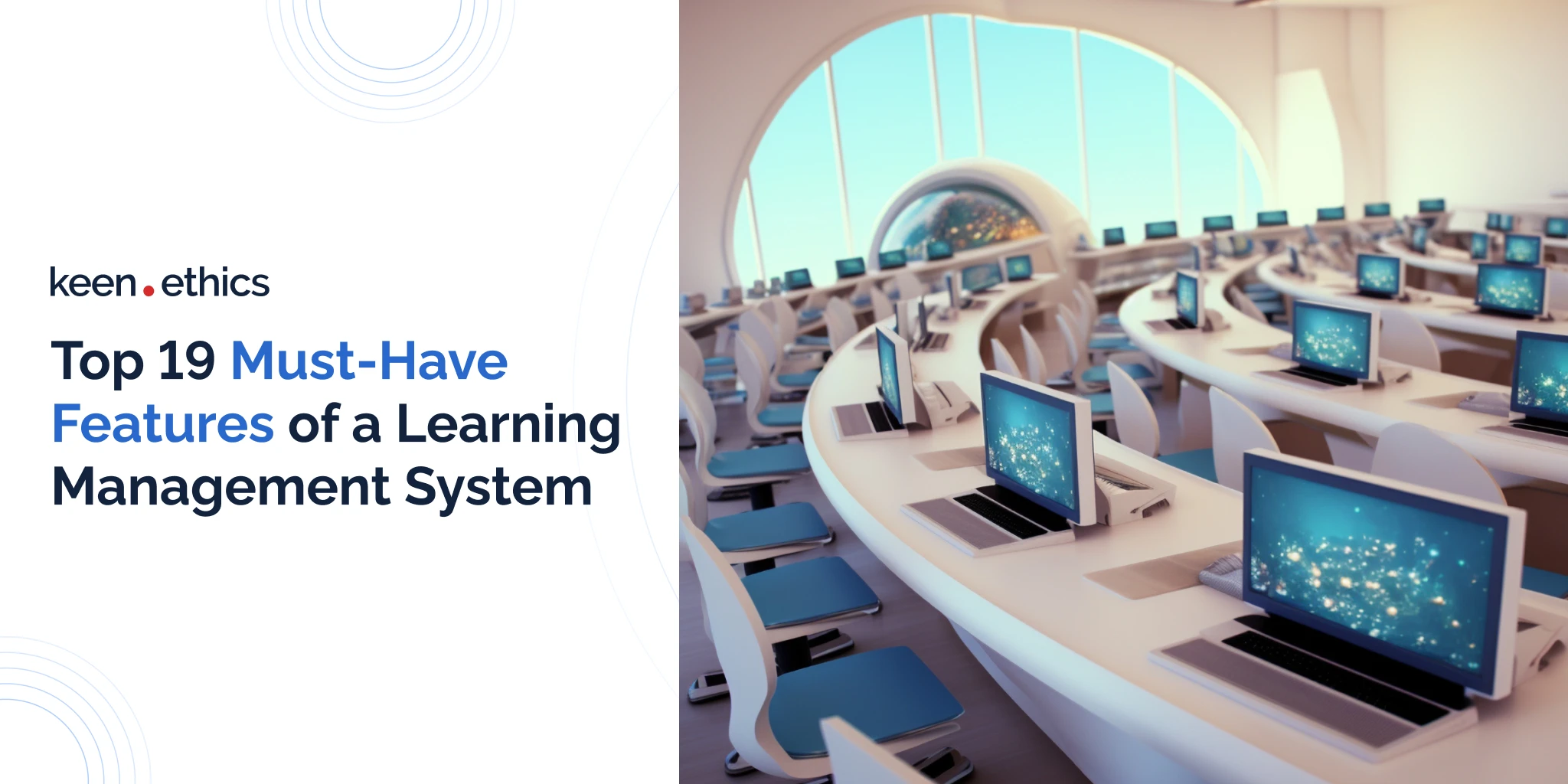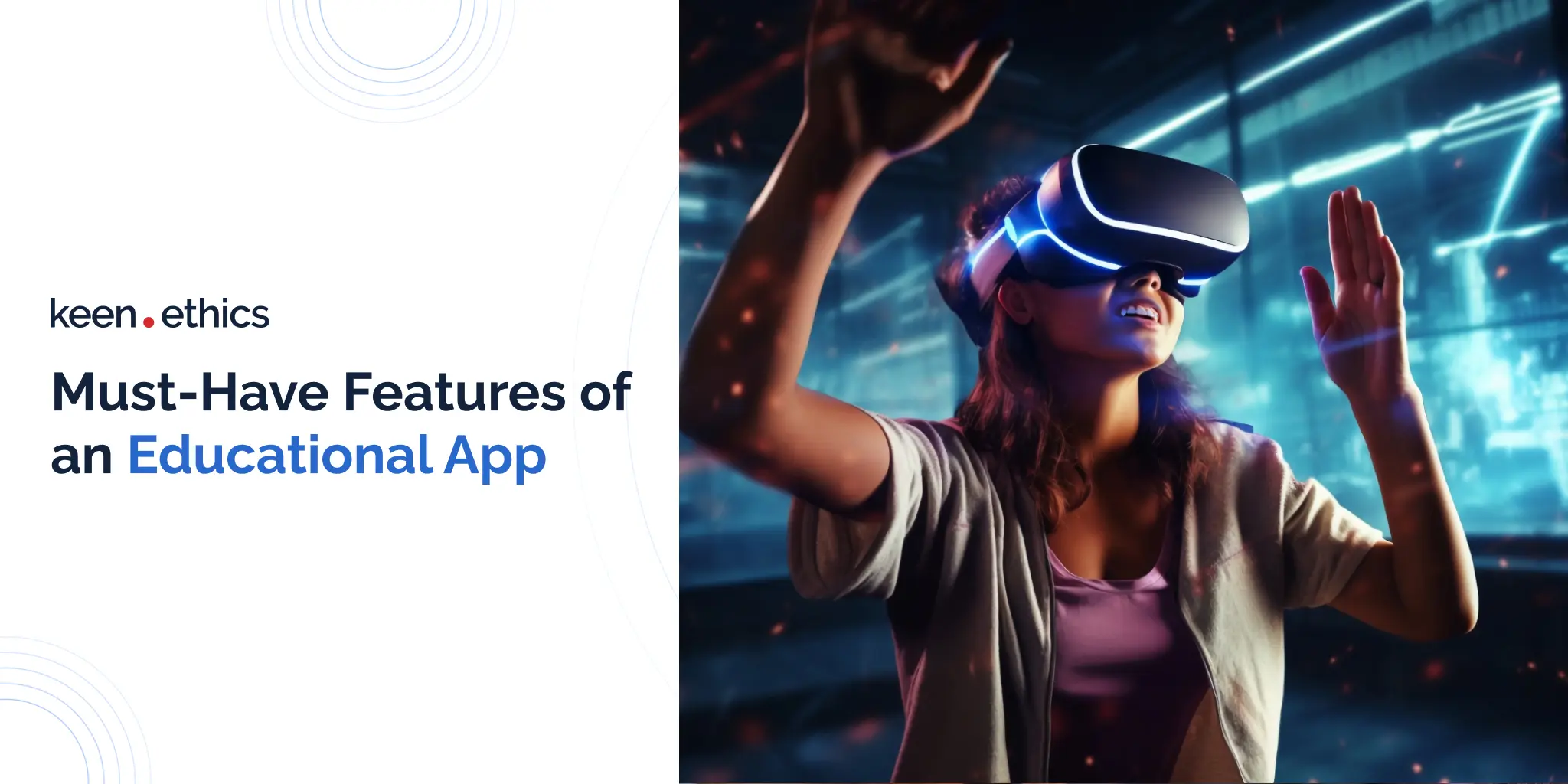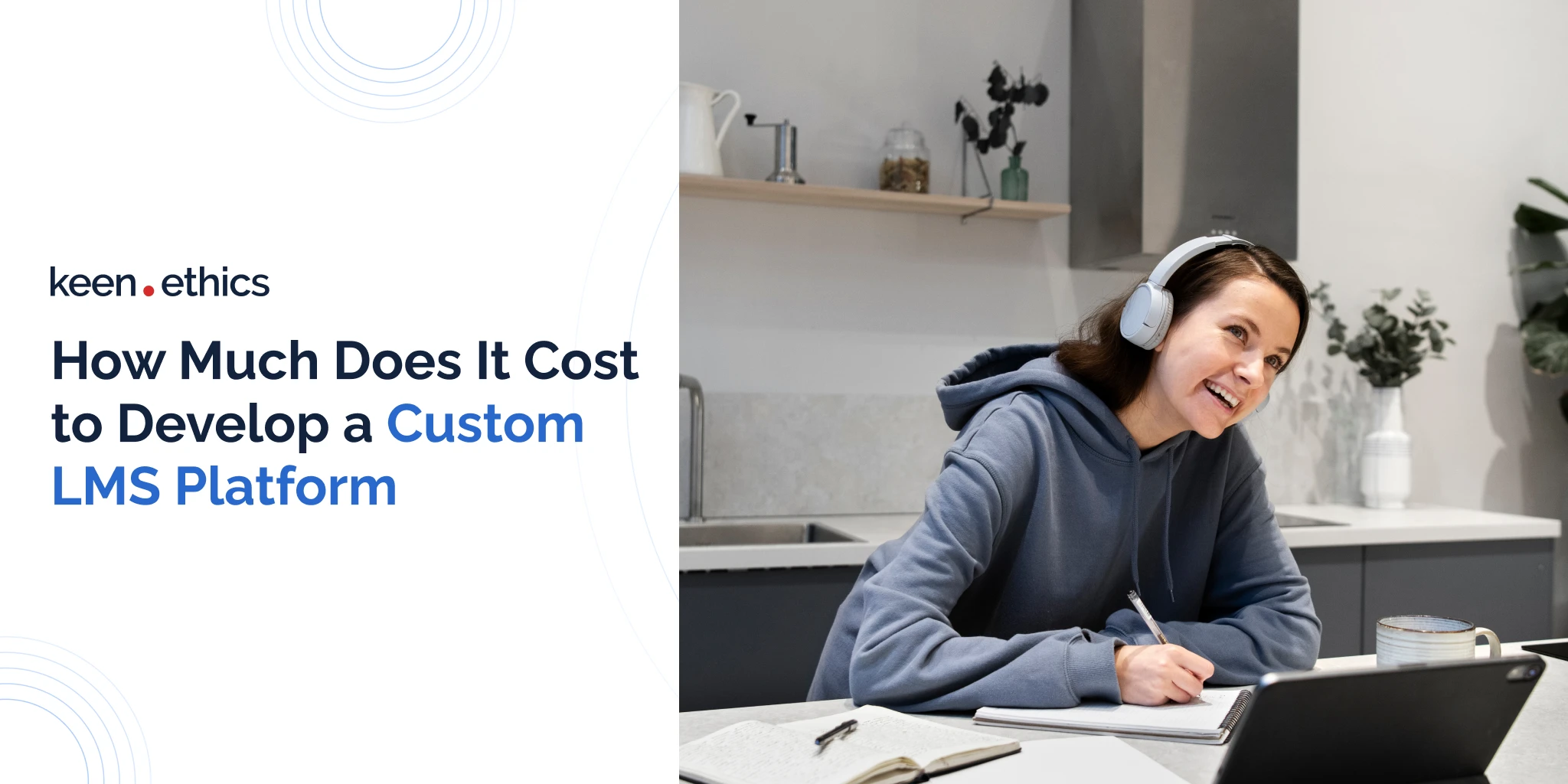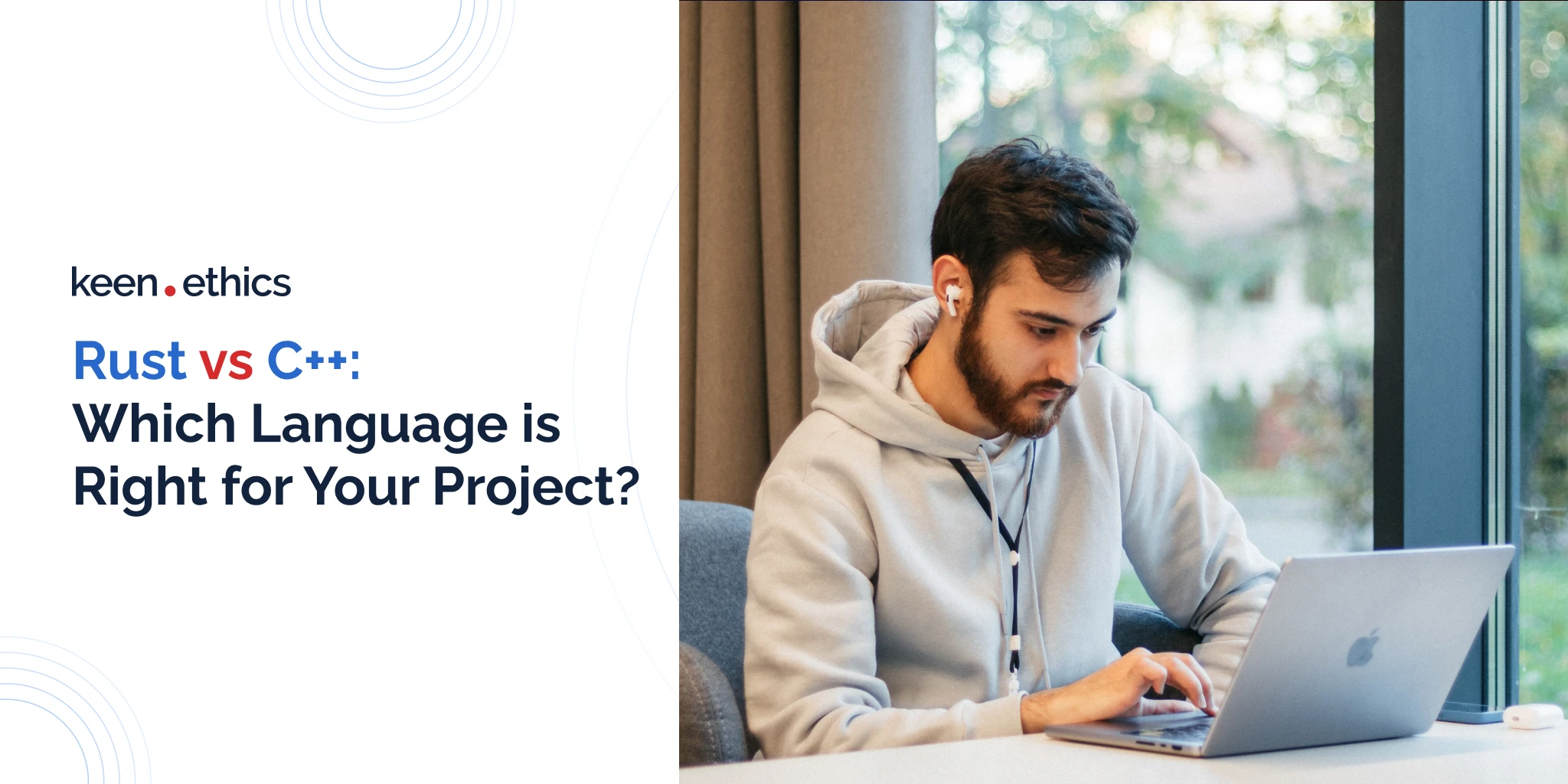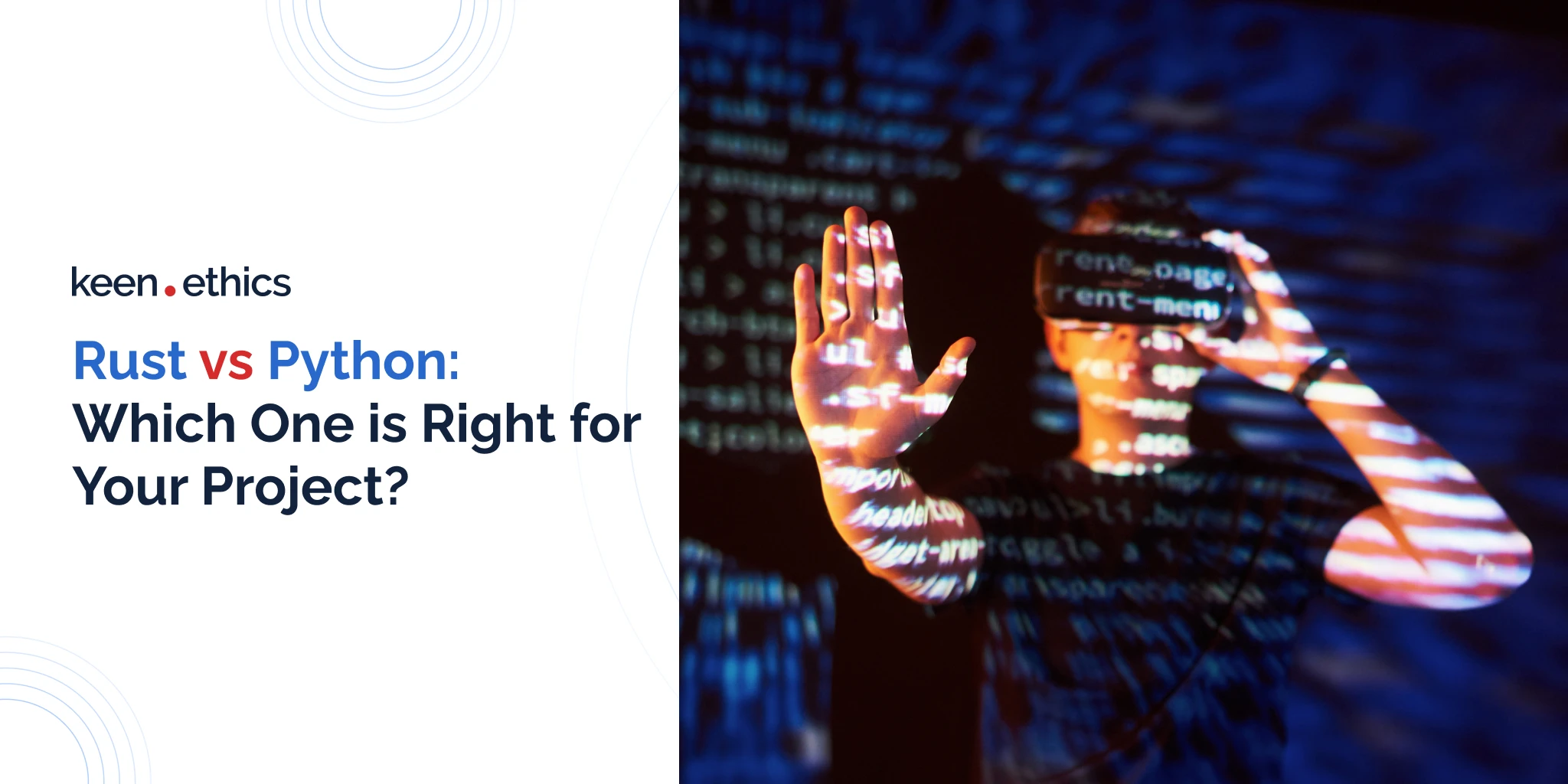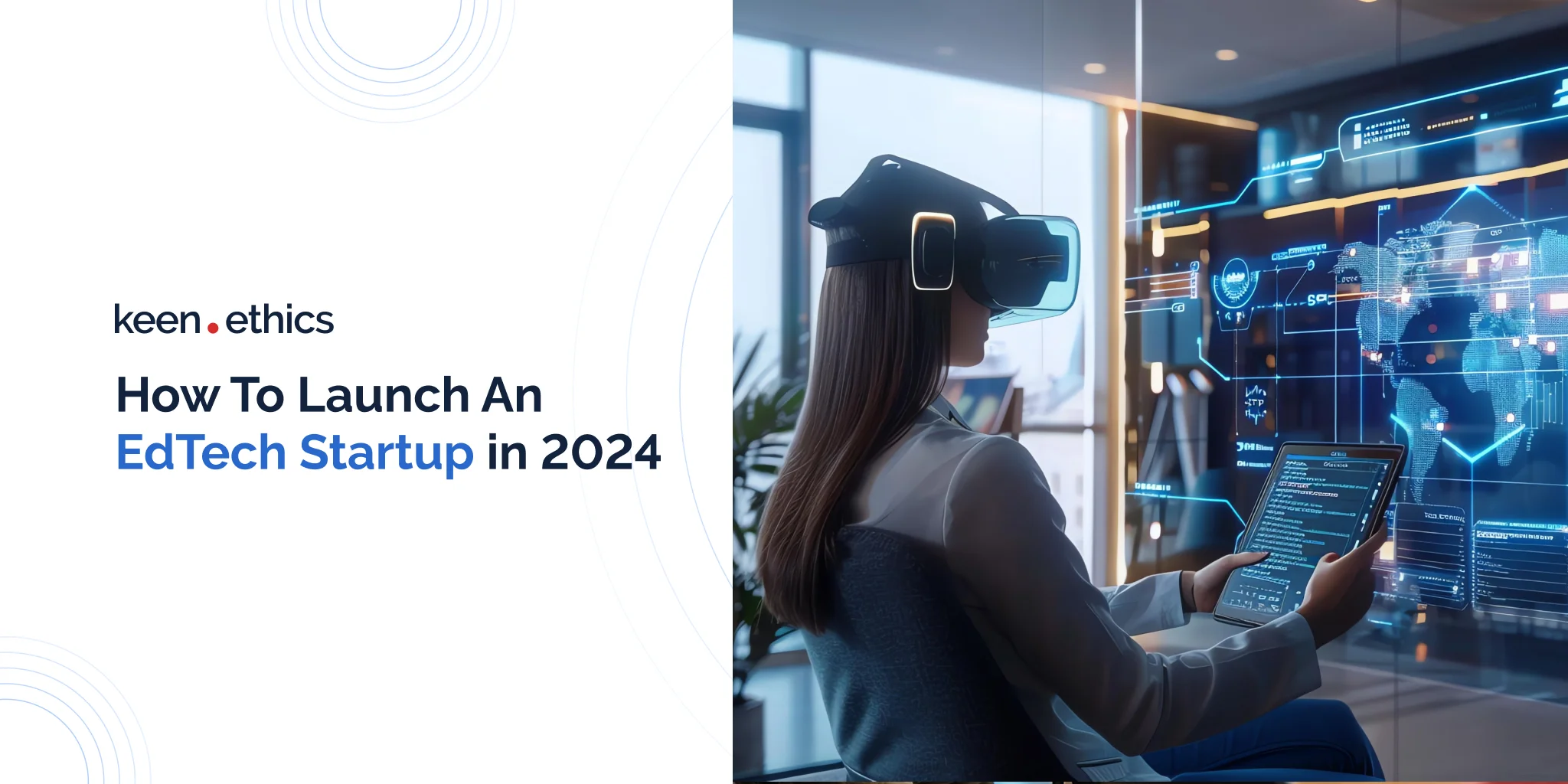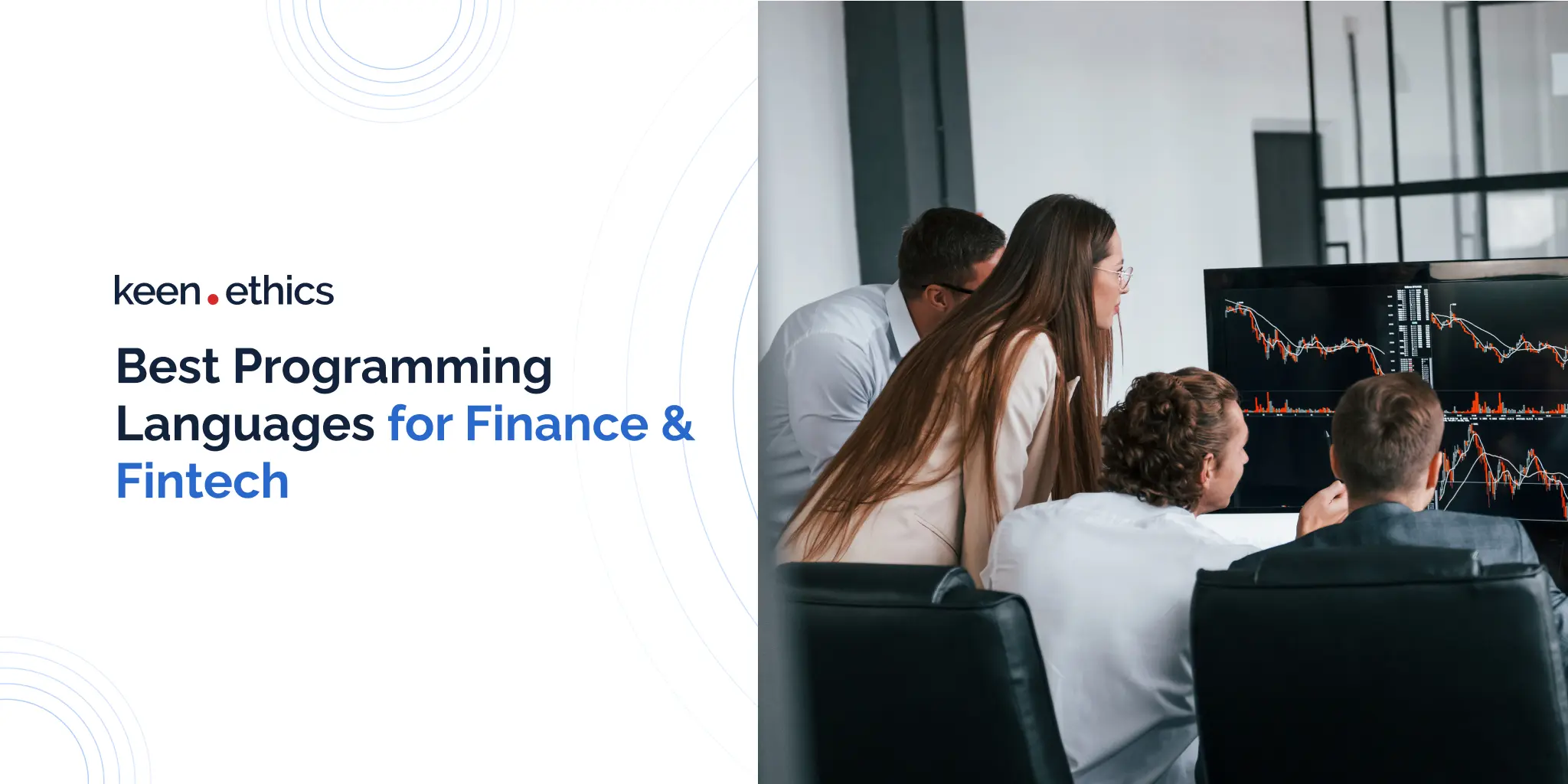LMS vs. LXP is a comparison worth making. But, what is more efficient, and which system prevails? Whose time is over? Let’s view this battle and check.
Although the Edtech market is growing, chasing all innovations isn’t trendy and essential. In contrast, it should be a balanced decision. Remember, if your solution works efficiently for your business, it doesn’t mean you should change your system and switch to a new online learning platform. Today, we’ll advise you if you can integrate existing tech solutions into your current one and how you can transform your daily processes.
What Is LMS?
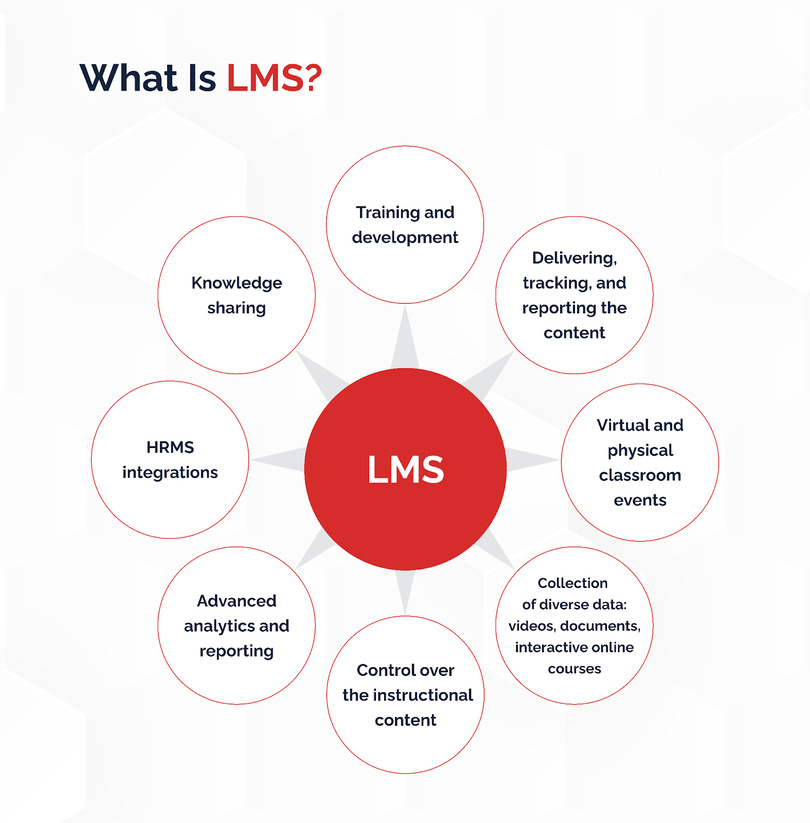
LMS is a software platform tool specially designed for training and development in organizations. It’s an administrative tool for delivering, tracking and reporting all educational content and virtual and physical classroom events. The administration is critical in LMS since the administrator controls LMS, owns the content, and tracks who can see it. Managers and administrators can handle all processes, including learners’ and instructors’ performance, courses and curriculum, notifications, reports, and others. LMS collects diverse data like course completion, assessments, certifications, or credits, but only learning managers and administrators can control which data to include in various reports. Over time, LMS development services have evolved and improved with technology. The learning management system is now more intelligent and can provide multiple learning content, including videos, documents, and interactive online courses.
The core of the platform is absolute control over the instructional content the users receive. The efficiency of the system lies in its advanced analytics and reporting. LMS is used in a wide range of industries, including healthcare. Medical specialists have no right to make mistakes and should never stop learning. They need regularly keep up their competency with the latest best standards, practices, and technological and pharmaceutical developments. This is why integrating a digital platform into the work environment is an excellent option to provide everyone with all necessary training.
In our recent article, we explore ways you can use LMS, criteria for selecting the best LMS, its types, and main concerns about the software. So, welcome to our blog.
Core features of an LMS
LMS tools offer several vital features for corporate learning clients. Here are some of the top functions you should consider:
1) Administration automation and optimization: LMS frameworks feature many instruments that assist administrators in their collaborative learning tasks. What are some vital functions? Those tools are notable for collecting information in an automated mode and even preparing statistics. Consequently, they save tremendous amounts of time for the average decision-makers by, for example, creating self-generated reports.
2) Multimodal learning: learning materials in traditional education systems are notable for their focus on text and images. At the same time, videos and audio are either ignored or added in a substandard way. Modern LMS tools completely reverse this trend and enable educators to combine all types of material to enhance the learner experience. Multimodal learning is among the most efficient frameworks in education: hence, it greatly speeds up the average education process for the core stakeholders.
3) Content creation tools: modern LMSs are also noteworthy for offering high-quality tools aimed at creating personalized learning paths. The relevant teachers can create different courses, aiming to touch upon different forms of employee engagement. Flexibility is among the core features of a good LMS: it allows one to create complex combinations of quizzes, videos, and text to maximize learner outcomes.
What Is an LXP?
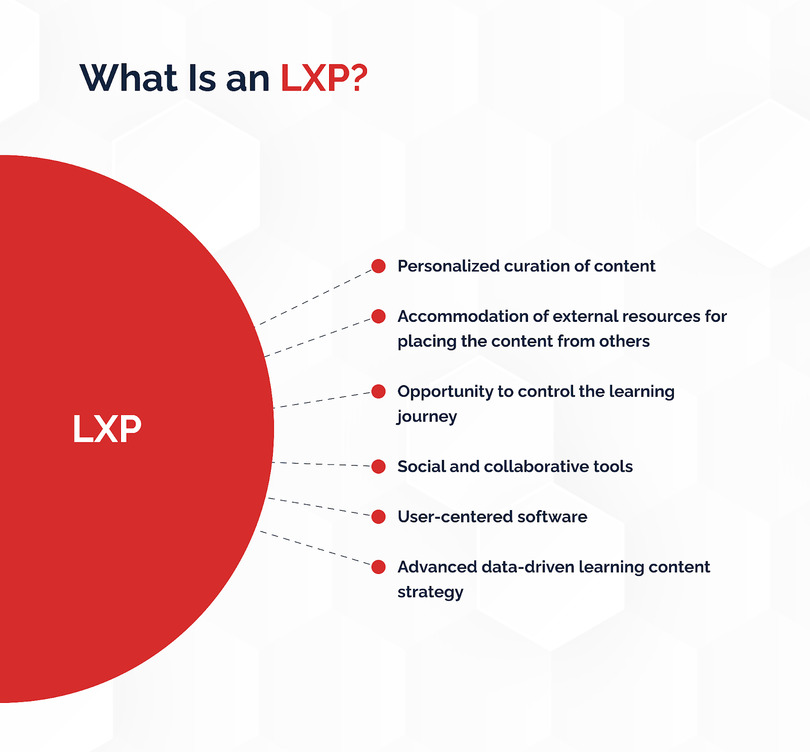
What is LXP vs. LMS? Imagine having the space where you can control the educational process and content you wish to receive and set the learning journey up to your needs. Drum roll, please. A similar opportunity exists, known as LXP, a learning experience platform. Although LXP is relatively new to the learning community, it’s successfully employed in the world of L&D. LXP presents us with the beneficial capability to curate the content by ourselves. Fortunately, it’s not the only benefit. LXP is an open system for accommodating external resources where every user can place their content. While LMS is data-centered, LXP is user-centered, offering the learner adaptive and personalized paths based on the analysis of their preferences. It incorporates social, collaborative tools, like discussion spaces for collaboration between learners and mentors, areas for leaving comments, feedback, questions, and more. Thanks to xAPI and a wide range of event parameters, LXP performs with more advanced data. It provides a new data-driven learning content strategy to get interesting learning initiatives and accurate data.
Core features of an LXP
Modern LXP platforms also have a set of key features that greatly enhance the learner engagement. Let’s review them in depth:
1) Personalized content recommendation: users of an LXP framework receive content according to their needs or the specific content delivery requirements of the platform on the whole. More importantly, they can select what type of information they want or don’t want to see. In this regard, algorithms and content curators carefully select various types of content.
2) Personalized content creation: modern LXP platforms don’t only have recommendation frameworks but also can generate content according to the needs of the customer. In this respect, AI is the core learning technology: it’s capable of creating texts and soon will be able to generate video, too. As a result, language learning platforms, for example, can create texts targeting the interests of the user. Individual learners get an opportunity to receive training that targets their skill gaps.
3) Social learning opportunities: modern LXP frameworks are also notable for including a lot of user-generated content. These tools give users the ability to share learning aids or some art with their learning partners, using the authoring tools for collaborative training.
4) Analytics: the involvement of machine learning and algorithms also enhances the ability to analyze information. Hence, these systems produce an engaging learning experience by offering the course creators more opportunities to optimize them towards the needs of their audiences.
What’s the Difference Between LMS vs. LXP?
Do you wonder if LXP can replace LMS in a newly evolving learning and development? Sorry for my spoiler, but no, at least not so fast. Is it likely they complement each other? When we know the concepts of LMS vs. LXP, we can view the battle between learning experience platform vs. LMS and find ways they differ.
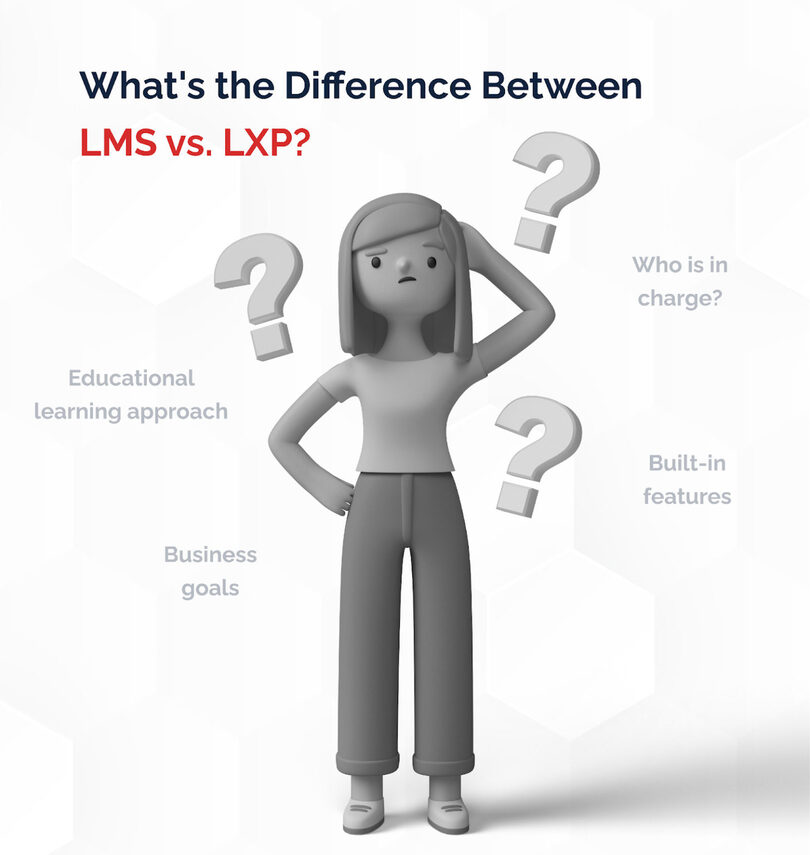
The choice between LXP vs. LMS is painstaking but shouldn’t be a headache. Since there are times when we need both formal and informal learning management, both platforms have a place to exist.
Indeed, LMS vs. LXP significantly differs if it’s the learning strategy, the main focus, interactive environment, or hosting system.
Point #1. Who is in charge?
As we’ve mentioned earlier, LMS gives control to the learning and development department. Managers and administrators set the needs and track them so that they’re followed. In the learning experience platform vs. LMS, the content is more customized, allowing every learner to be responsible for their learning process.
Point #2. Educational learning approach
The prime difference between them is the “push” and “pull” learning approach. While LMS “pushes” the training content on the learner, LXP relies more on personalizing content to “pull out” and engage the learners. To fulfill various functions in learning, we can combine these two approaches, allowing LXP vs. LMS to exist side-by-side.
Let me provide an analogy saying that LMS is like a visit to the theatre, and LXP is like browsing Youtube. While at the theatre, you get the content specifically delivered to you; browsing Youtube gives you more freedom to choose which content to engage with. In LMS, administrators assign and track the educational content. They create the need, and the learners follow it. In contrast, in LXP, the users can choose their own learning from a diverse range.
The users employ the learning platform not because they’re told to but because they feel the need to do it. LXP is the ideal solution for professional growth, enabling users to get many privileges:
- the engagement with tailored upskilling/reskilling processes;
- the motivation to be trained more;
- the participation in a corporate knowledge base and employee’s field of interest
Point #3. Built-in features
Both systems will help you streamline learning, but their tools will differ. It’s one of the top reasons an entrepreneur should know the primary feature of the product so that not to buy the cat in a bag:
- Vast third-party integration;
- Online and offline assessment with multiple assessment tools;
- Notification system;
- Report & analytics;
- All device compatibility and full compliance.
The list can vary and be endless depending on the type of LMS and business owner’s needs. Although some features are also related to LXP, such as integration, reporting, and compatibility, others present only LXP:
- Personalization with structured and behavior-based data;
- The functionality of social media (shared, comments, profiles, and peer-to-peer connection);
- User-friendly and flexible interface;
- Pre-made engagement campaigns;
- Content support.
Point #4. Business goals
Every system can cover a variety of business plans. However, LMS works best for more complex solutions in healthcare, retail, logistics, transportation, defense, etc. It’s a good tool for the onboarding process, mandatory formal training, and compliance. In contrast, LXP focuses on sharing experiences among employees and professional specialists in IT, tourism, hospitality, entertainment, and other industries.
Are LXPs a replacement for LMSs?
In our opinion, no. Those platforms may seem similar but, in reality, they have some key differences.
On the one hand, LMSs essentially focus on digitalizing the traditional approach to learning. Yes, they bring in some innovations such as multimodal learning. However, course-based learning remains a rather mainstream way of acquiring new knowledge. Therefore, the main goal of such systems is to bring offline training courses online. Despite the criticism of traditional education, courses remain an efficient method of education: our college system, for example, has produced a tremendous number of innovations. In this light, LMSs will likely remain a major part of the learning process when you need to teach students some knowledge that is concentrated on a clear topic, such as compliance training. This can be presented within some time limit.
On the other hand, Learning Experience Platforms serve different functions. They promote a lot of personalization to create structured learning aimed at a particular person. Since different people have different learning habits, a personalized recommendation system by itself makes LXPs more suited to long-term learning. These systems are great when you need to upgrade the skills of a person for several years by, for example, teaching them some language or presenting new programming concepts.
The Benefits of Combining the LMS and LXP
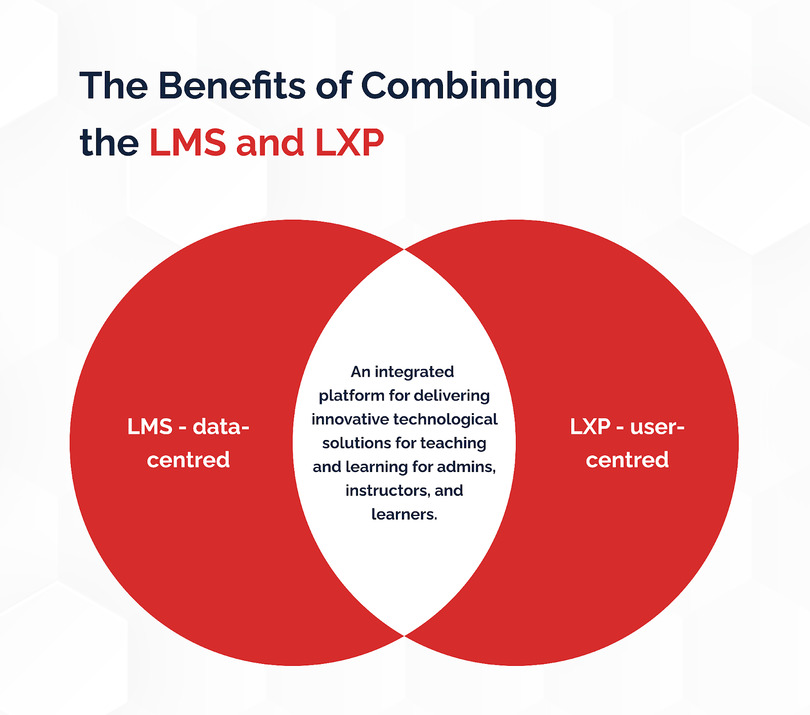
Using one or both solutions depends on several reasons:
- Promotion;
- How does your organization manage to learn at present?
- What can be the best support for your organization now and tomorrow?
Who said the learning experience platform vs. LMS has to be “either..or..”? What if it’s a winning combination? What if integrating systems might increase our benefits twofold? Let’s see.
Relying on the differences between LXP vs. LMS, a question arises. Should we opt for a specific platform? What if you don’t have to decide and use both LMS vs. LXP for your needs? Is it possible, and what are the benefits of combining two systems in learning?
The power of combining both systems is that by using the software, managers can facilitate administrative tasks without robbing learners’ freedom to access the content they want. In turn, the learners get much more engaging content and new ways of being motivated.
By employing two platforms, you can first consider user experience. When building your app, you focus on UX and every aspect of the design to simplify the system navigation.
Is a similar hybrid solution intelligent and successful? We’ve already noticed the boom of LXP integration and the potential of the LXP market to double in size each year. We can’t set the winner of the battle since both LXP vs. LMS continue successfully borrow the functions from each other. Although we ensure they’re equally effective in helping elevate your business, you can have your vision for two of them.
We can gladly help you with the technical part if you’ve decided which system to integrate. If you want to share your decision with Keenethics and get our tip, contact us, and we’ll cover all your answers. What if only a message deters you from transforming your learning and development processes?
Use Cases for Combining an LXP and LMS
Now, you know the basic concepts and theory, but what if you still doubt and find no reason to address the specialists? Before we get to the question, I want to give a short guide to dispel your doubts and help you make an informed decision.
Following our tips, you’ll be able to assess your market, opportunities, and prospects.
- Assess internal resources
Let’s say the users of your integrated system are your employees. So, who can better provide you with feedback than they can? Interviewing your employees, listening to their views, and counting their needs and desires is the best you can do first.
When interviewing your staff, try to get as much information as possible:
- factors influencing negatively and positively staff’s development;
- skills the employees would like to improve or get;
- the desired content they prefer to engage with;
- general opinion of the staff about learning platforms.
Getting all the responses, you can better evaluate opportunities, set the platform’s goals, and opt for LMS, LXP, or an integrated one.
- Analyze the past and current experience
If you already employ some educational tech solution, you can estimate its effectiveness and find the moments you want to improve. Get responses if you’re happy with it and if it fully corresponds and covers business needs.
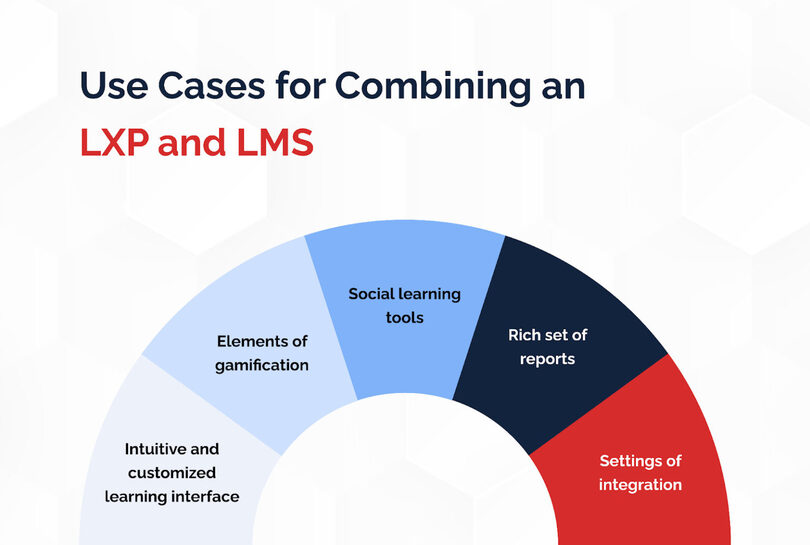
The best system focuses on administrators’ and users’ needs, and we can reach a similar goal by combining LXP vs. LMS.
Let’s list several use cases:
- Intuitive and customized learning interface
Since admins, managers, and learners have different needs, the platform should have a friendly and intuitive user interface tailored to them. Customized learning platforms allow users to get a more exciting teaching-learning journey and boost revenue by up to 20 %.
- Elements of gamification in education
A combination of games and learning can increase motivation among the staff. In our blog, we cover the concept of gamification in e-learning and the value of the investment in modern education.
- Social learning tools
Peer-to-peer learning is one of many benefits of combining both systems. What can be much more effective than knowledge sharing between learners and experts?
- Rich set of reports
A combination of LMS and LXP provides the users with improved insights into critical data. You can efficiently track the behavior, skills, knowledge development, and motivation of the learners. Based on the data, you can better know which improvements to implement to advance your training program.
- Settings of integration
You need to care about your current learning platform to avoid frustration like a lack of integration features. If it lacks this functionality, it’s high time to integrate this solution. It’s a core aspect, positively influencing talent and staff management, human resource information system, payment processor, and other features in the educational program.
LMS vs. LXP: What Option is the Best for Your Organization?
In our opinion, no definitive answer can be given in this case unless we see your business requirement list. Nonetheless, we can give some hints that may be sufficient to assist you with choosing one option or the other.
An LMS is a great option when two learning activity criteria are fulfilled. Firstly, this digital tool works well when you know what your team needs in terms of knowledge. If you work in a field where the number of training resources is limited, then it makes sense to focus on LMSs. Some professions are relatively static and don’t require workers to follow every industry trend to succeed. Secondly, they enable the relevant decision-makers to create courses that focus on short-term education or training. An LMS aims to deliver limited portions of content in a concentrated way.
And what about an LXP? Your company may need one if training resources are constantly evolving. Let’s take the programming field as an example. In it, new technologies are arising almost daily. As a result, a variety of feature capabilities is so significant that it’s impossible to include them in one course. An LXP framework focuses on personalization and curated content. This means the updates of information in it are more or less constant, enabling the decision-makers to boost employee engagement through the constant additions of new learning events.
In this light, here are some questions you need to answer:
1. What learning goals and organizational goals do you have?
2. Do you focus on continuous or one-time learning?
3. Do you have some internal LMS framework, or is there a need for custom LMS development? The idea behind LXPs is to make learning sessions shorter daily, but longer in terms of overall experience. In turn, LMSs push modern learners to focus on long learning sessions that last several weeks at best. Hence, the learners encounter two different types of learning in the presented case.
In Conclusion
The integration of LMS vs. LXP is excellent for transforming educational processes. The reason why we can’t name the winner of this software battle is straightforward. Let me explain. Imagine if I could determine which system is superior. Don’t you think the answer can be subjective? The software solution best suited to one organization can be not so ideal for others. The reason is that we can’t consider all the possible aspects, scenarios, and needs of different businesses. However, if our article helped you to distinguish the appropriate system for you, it’s perfect. It means one step ahead in L&D. If you’re interested in technical assistance from our specialists or have other queries related to education, you can message Keenethics.
Keenethics has expertise in delivering exciting educational programs tailored to client’s preferences. Our learning solutions come with fully integrated web and mobile applications. Click here to learn more.
 Search
Search



